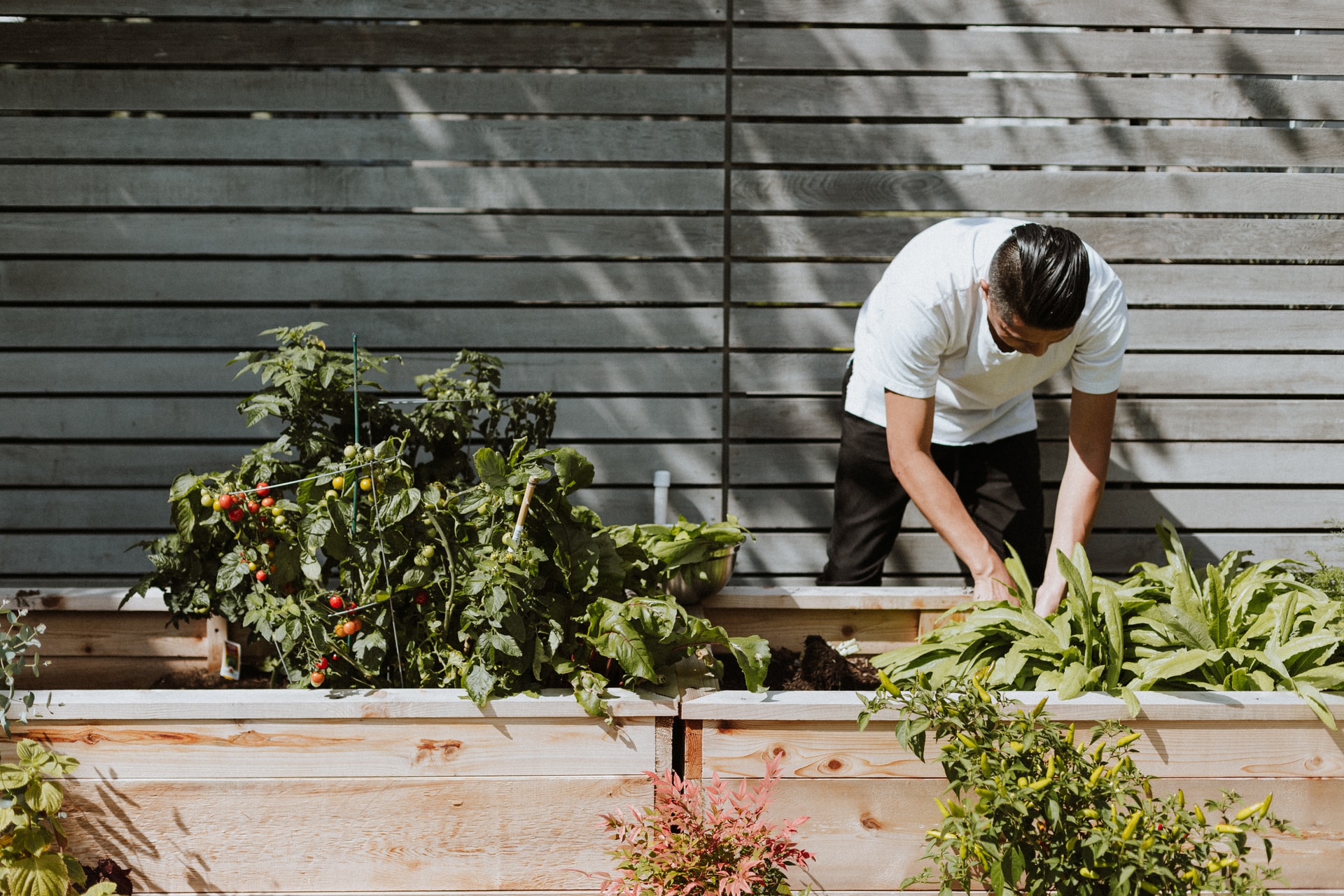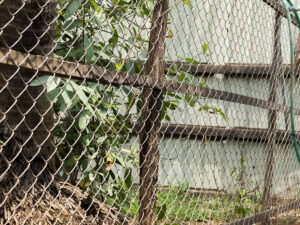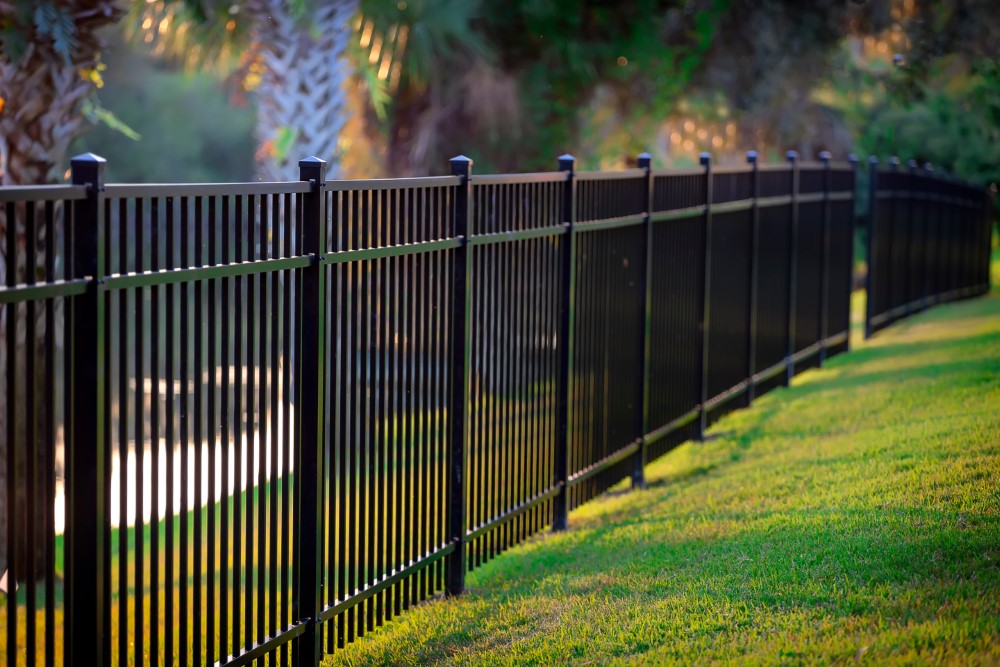
Choosing the Best Garden Fence
Garden fences offer an aesthetically appealing look to any yard. They also double as protection against wild animals. Nothing is worse than waiting all season to harvest some delicious organic vegetables only to find that they have been nibbled to the nubs by local wildlife. If you have pets or even small children, a best garden fence is also effective in keeping them out of places they don’t belong. We have put together a simple guide that will help you select the perfect garden fence to meet your needs.
Do You Need To Build A Fence Around Your Garden?
Homeowners that have gardens on their property know just how frustrating wild animal encroachment can be. The best way to protect your garden while also being humane is to build a garden fence for protection. Your pet may be able to ward off wandering wildlife. But your furry friend may also end up being as much of a disturbance to your garden as the local wildlife. While building a garden fence is not required, it is much safer than other forms of animal repellant. In addition to being more humane, a garden fence will add character and visual appeal to your outdoor space.
What Is The Best Fencing For Gardens?
The first step in choosing a garden fence is understanding your needs. Are you trying to keep your kids out of the garden, or are you looking for a way to keep your pets from digging in the dirt? Are wild animals your main concern, or are you simply looking for something that offers aesthetic appeal? Once you understand your needs, you can choose the material and the type of garden fence that will best suit your needs.
There are a few main types of garden fencing to choose from: woven wire fences, wooden fences, vinyl garden fences, stock panels, and welded wire fences. Each type offers varying degrees of protection from common garden pests.
Woven wire fences are very sturdy and are able to handle the impact of large animals. They are also easy to install on land that is less than even. Wooden garden fences are visually appealing and a great way to keep your pets and small children out of the garden. Welded wire fences are a bit stronger than woven fences, but are only suitable for even ground. Stock panel fencing for the garden are pre-fabricated to a specific size, usually 16 feet long. They are easy to move and are ideal for gardens that vary in size depending on the season. If you have a problem with deer encroaching on your property, a deer fence may also be a good choice to protect your garden.
Do Garden Fences Require Permits?
Most exterior structures require a permit, including garden fences. In most cities, a permit will be required no matter what type of fence you plan to install. Local regulations often limit front yard fences to four feet in height and backyard fences to eight feet. Some areas that have concerns with wildlife encroachment may have different height limits. Also, if your neighborhood is part of an HOA, you will need their permission in addition to any city permits for your garden fencing. A professional fence company will be able to check the regulations for your area prior to installation.
Making Your Garden Fence Attractive
Once you have all you need to make your garden safe with fencing, you can think about improving the aesthetics. Creative garden fencing can add definition and joy to your garden while providing structure, texture, and protection. The point of your garden fence is not only to protect your garden but also to bring joy when you spend time outside in nature. Garden fences do serve a purpose, but aesthetics are often overlooked in favor of practicality. A professional fencing company will be able to work with you to create an attractive garden fence that is as functional as it is beautiful.

For those looking for a way to keep small animals out of the garden while also separating the space, a wood and wire fence is an attractive option. Wooden fencing stained to match the surrounding landscape with chicken wire between the slats serves several purposes. The plants in your garden will have a place to climb, and the wire will also keep out small pests. The colored wooden fencing will look attractive in all seasons and make your garden a meeting spot for the whole family.
If you want to get a bit more creative, you can have a geometrically shaped garden fence installed around your precious produce. Embed wire or garden mesh in the spaces to prevent animals from getting in while also maintaining a visually appealing look in your yard. The great thing about this type of garden fencing is that you can make it high enough to keep out deer without ruining the aesthetic appeal of your garden.
How High Should A Garden Fence Be?
Most garden fences are used to keep animals away from the plants, and the height you choose is determined by the animals you need to deter. If you are trying to keep your garden safe from house pets such as medium or small dogs, a three to 4-foot-high fence will usually suffice. This height is also ideal if you’re interested in keeping curious children from wandering into the garden on their own. The above-ground height is only one factor to consider. If you have burrowing animals in your area, you will also have to consider adding fabric or mesh belowground for extra protection around your garden.
To protect against rabbits, woodchucks, and tunneling animals, you need a three to 4-foot-high fence. It is important to have a curve built at the bottom of the fence to create an apron that discourages burrowing. Adding mesh a good two to three feet below the soil under your fence will complete your garden protection. For deer, you will need a much higher fence to limit their ability to jump over the perimeter. You need an 8 to 10-foot garden fence to protect against deer, but we will cover more on that in the next section.
Raccoons and opossum can climb. So while a 4-foot high fence may make it hard for them to get to your garden, it won’t make it impossible. These types of critters are deterred by material that sticks to their feet. One way to make your fence more effective is by attaching material such as bird netting along the barrier and top of the fence. For other types of animals, it is best to speak with a local fencing company in order to get a customized solution that meets your needs.
What Type Of Garden Fence Will Deter Deer?
Garden fences work best when the animals you are keeping out don’t know what you are trying to protect. If a deer can see or smell food on the other side, they will try that much harder to go over or under the fence to get your fresh vegetables. Installing a solid fence that is at least 8 feet high is an effective way to protect your garden and keep your fresh produce a secret. Deer are prolific jumpers, which is why your fence needs to tick several boxes if you plan to protect your garden. Not only will you need a high fence that is not see-through, but it will also need to be built at an angle. Deer are also very good at getting under fences, so make sure that you keep the edge low to the ground, or supplement the bottom with extra mesh.
Our Final Thoughts On Best Garden Fences
The main reason homeowners build fences around their gardens is to protect them from hungry or curious critters. Make sure that you are choosing the right type of fence to keep out animals that are common in your local area. Some garden fences will need to be taller to keep out jumping animals, while others may need to have burrow guards. Another common reason for garden fences is to increase privacy. Some gardens have seating for homeowners to enjoy the weather, while other gardens may sit on the edge of joint property. Well-chosen garden fencing will help restore privacy without destroying the aesthetic appeal of the neighborhood.
Like with any other structure you build on your property, a garden fence will need regular maintenance. When you choose a material for your garden fence, think about how much time you are willing to spend on its upkeep. For a more attractive but higher-maintenance garden fence, wood is an ideal choice. Metal or PVC garden fences are lower maintenance but have fewer options for customized designs. No matter what fencing you choose, we are always here to help. Contact us to find out more about how we can help transform your garden with an attractive fence today.
